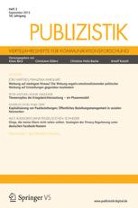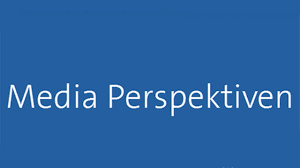Abstract
Investigative journalism is about uncovering what shall not be covered, yet, blind spots remain. This paper explores what topics investigative journalists consider to be neglected in different regions of the world, why these topics are not covered, and how journalists strive to report them in spite of difficulties. We theorize the blind spots by drawing on the Hierarchy of Influences Model, meaning that blind spots in investigative reporting are deeply rooted in these influences. We explore these issues in a global comparative approach and conducted qualitative face-to-face interviews at the Global Investigative Journalism Conference 2019 with 90 investigative journalists from 60 countries. Our findings show that many topics can’t be worked on due to repercussions from four levels of the Hierarchy of Influences Model (esp. from the wider social system), leading to self-censorship. The journalists overcome these obstacles with resourceful individual actions (e.g. publishing from abroad) since their media outlets and organizations are often not fit to help them due to resource constraints. Thus, journalists may defy the hierarchy and see it as their mission to persist, also and especially in countries in the Global South. However, obstacles are found globally and directly affect the nuts and bolts of journalism, such as access to information and sources.
Kunert, J. / Brüggemann, M. / Frech, J. / Lilienthal, V. / Loosen, W. (2022): “You suck it up and you deal with it”: Blind spots in investigative reporting and how to overcome them. Journalism, 146488492211469. DOI: https://doi.org/10.1177/14648849221146929.




